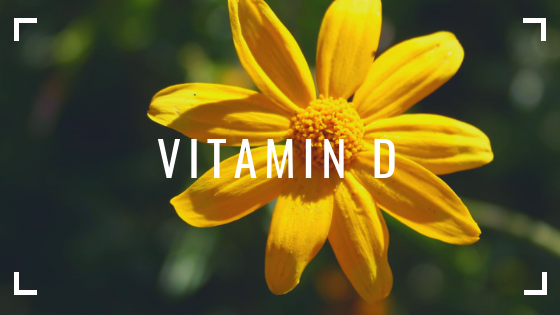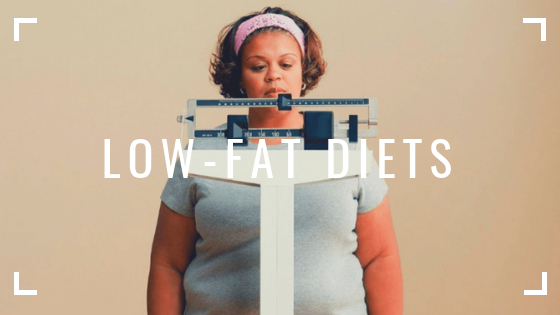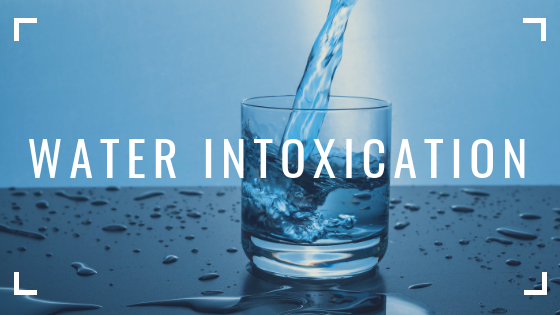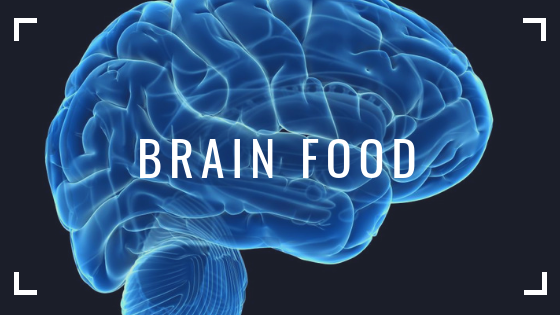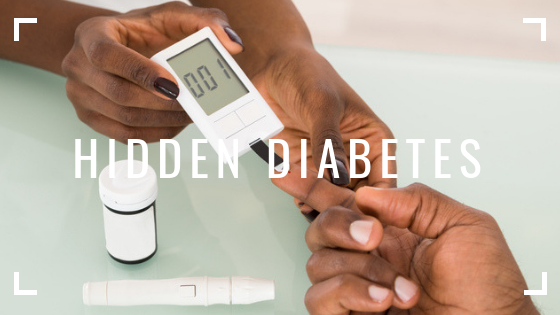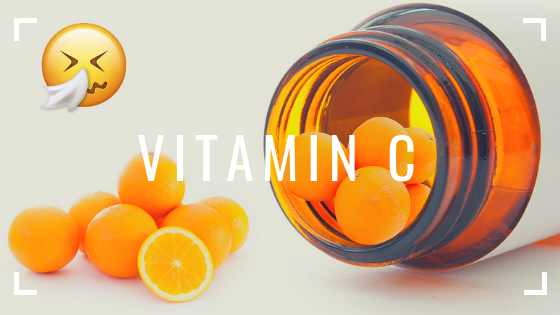Vitamin D is one of four fat-soluble vitamins, A, D, E and K. As it can also be derived from skin synthesis, it is not an essential dietary factor, therefore technically not a vitamin. It is considered a hormone, one with a multitude of roles and functions.
In 2016, Public Health England (PHE) released a new recommendation – that adults and children over the age of one should consider taking a daily supplement containing 10mcg of vitamin D, particularly during autumn and winter. At risk-groups, such as individuals with dark skin, and those in care homes who get little, if any sunlight are advised to take a supplement all year round.
An Important Hormone
Vitamin D deficiency is rising. It is well known to cause rickets, but has recently been implicated in the development of extra-skeletal disorders such as heart disease, cancer and diabetes. Sunshine is our best source of vitamin D, which is synthesised from cholesterol under our skin. It is a major issue worldwide, particularly in countries in the Middle East where full coverage of the body is a normal cultural practice. It has been estimated that over 80% of Qataris have low levels of vitamin D, despite the country experiencing year-round sunshine. This is compounded by limited outdoor activity and dietary vitamin deficiency.
Interestingly, Qatar also has the highest prevalence rates of obesity among the gulf countries, after Kuwait, as well as a higher burden of chronic metabolic diseases like type 2 diabetes and heart disease.
We can also get vitamin D from an animal-based diet, rich in eggs, oily fish, and full-fat dairy products. These foods are also rich in calcium and phosphorous, key nutrients for bone health.
It is not a coincidence that nutrients that need to be consumed together, tend to be provided together.
Vegans are, therefore, another high risk group. Mushrooms are their best dietary source of vitamin D. However, in order to meet the daily requirements, an impractically large amount of mushrooms must be consumed. To add insult to injury, mushrooms provide vitamin D2, not D3 which is the bio-active form of the vitamin.
Micronutrients from exclusively plant-based diets are poorly absorbed, due to sub-optimal bio-availability, as discussed in this article.
Unreliable Blood Tests
What is worth noting is that while we are fairly clear about the complications of vitamin D deficiency (such as rickets and osteomalacia), we don’t actually know how low lab-tested levels need to be before complications of vitamin D deficiency occur. 25-hydroxy vitamin D blood test is the standard test that is measured in labs.
As discussed in this article, millions of people are being advised/encouraged to take statins (cholesterol-lowering pills), which further reduces the substrate from which vitamin D is made – cholesterol. Cholesterol is necessary for its synthesis. It therefore follows that lowering cholesterol levels will predictably lower vitamin D levels.
Mixed Messages
We are being told that vitamin D deficiency is rising. In the same breath, we are being advised to lower our cholesterol, limit our intake of eggs, eat only low-fat dairy, cover our skin with sunblock, and limit our sun exposure. We know that the dangers of this deficiency far outweigh those of excess sun exposure. We also know that cholesterol is a vital nutrient that is essential for life.
So why not just advise us to eat more eggs, more full-fat dairy and get plenty of (safe) sunshine?

